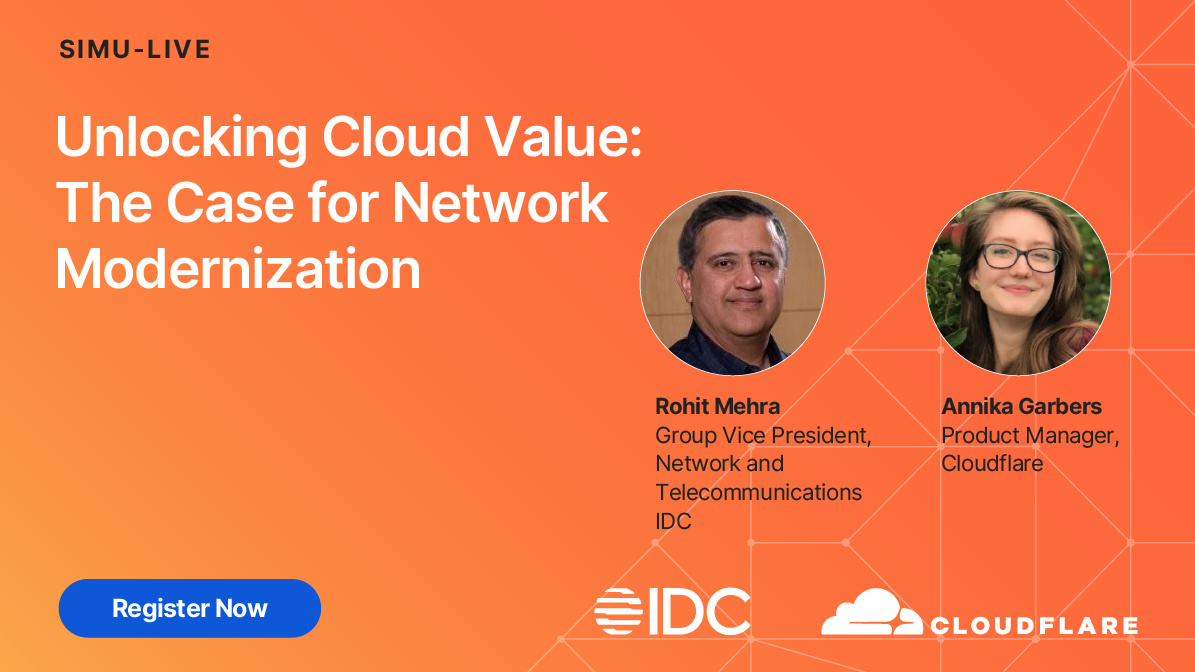How Capital Group embraced low code in a high-risk market
The 92-year-old business, which manages more than $2 trillion in assets, prioritises security above all else


Capital Group, one of the world’s largest investment management organizations, has been in operation since 1931. It operates in a heavily regulated market, and has, over the years, had to tamper its digital transformation plans in line with responsibilities to stakeholders. The firm has, however, found success in implementing a low-code approach to managing data.
Capital Group’s relationship with Appian, now entering its tenth year, has been one of gradual improvement, says its VP integration services and automation/RPA, Jim Reis. It began with broad use case demands, such as business process management, but Capital Group needed more.
“After about five years of using Appian, and through education of the architecture portfolio, looking at the state of affairs and the problems that we needed to solve it became clear that we needed a provider to enable the capability of process automation.
“So while Appian was chosen initially for ‘Solution A’ and ‘Solution B’,” Reis tells ITPro, Capital Group has since undertaken a “prolific adoption” of Appian’s offerings.

Reis is an executive who leads multiple functions that include integration services and smart automation capabilities across the enterprise. He's been with Capital Group for nearly 23 years, and in his current role since 2019.
This shift hasn’t been isolated to Capital Group alone. Reis points out a market-wide shift from custom development to one increasingly reliant on platforms and software as a service. “Today, we leverage, then rent, then buy, then build.”
Despite the fact Capital Group is 92 years old, it’s worked internally to reduce the extent to which its stack is full of old, sprawling, or otherwise inefficient solutions. Legacy tech can be a huge barrier to digital transformation, particularly for firms that have been operating for more than 30 years, which could have extensive pre-internet documentation to account for. “Processes that aren’t digitized can’t be automated,” Reis notes.
One risk too far
As a key player in the heavily-regulated financial services industry, Capital Group’s relationship with Appian is one that’s been defined by reliable, secure software development rather than rapid adoption of everything it has to offer. This has meant a metered approach to adopting even its core services such as employee-powerd low-code development in favour of more traditional methods.
Get the ITPro daily newsletter
Sign up today and you will receive a free copy of our Future Focus 2025 report - the leading guidance on AI, cybersecurity and other IT challenges as per 700+ senior executives
That’s not to say Capital Group is pushing against Appian; Reis described the company as “an apparation” to note its unique position as a low-code provider.
Whether this will expand in the future is a matter for debate, Reis notes. While he does see the opportunity low-code offers to workers across the board, the idea of a citizen developer isn’t necessarily a comforting idea. “One small mistake by a citizen developer could potentially hit critical data.”
RELATED RESOURCE

Security permeates every aspect of Capital’s business strategy, given it manages more than $2 trillion in assets. Reis points out, for example, the firm champion a ‘bring your own key’ approach to encryption early on, and has had to adopt caution in approaching anything that could needlessly expose data.
“We, as a customer, were concerned. We had to recognize the potential use of our data to improve those services,” he says. “Like most customers looking at the technology landscape, AI will change some things and our capabilities. But I also believe it’s going to change how we assess risks.”
Reis points to the focus Appian has placed on private AI throughout Appian World 2023, in contrast to other prominent AI services right now that require businesses to pass their data through a public service.
“The idea of shipping our data out to remote AI services is off the table,” he states.
Overcoming AI’s security problem
Although the rise of generative AI services such as OpenAI API has accentuated the need to keep sensitive info contained wherever possible, it’s not the first time Capital has overcome this hurdle with Appian.
READ MORE IN OUR SERIES
When the firm moved to an agreement with Google Cloud, a number of Capital Group’s partners voiced their concerns about the new arrangement. It became an anxiety point, according to Appian’s SVP product strategy, Malcolm Ross, who adds the firm had to reassess its move.
For all his misgivings around generative AI, Reis acknowledges there are clear benefits to be had with more adoption of the technology. He cites American labor statistics as showing a 40-year stagnation in productivity, and suggests “we need a life” for the market to thrive.
Going forward, Capital Group will look to be as cutting-edge as possible, while identifying potential risks and taking these with the utmost seriousness. “Test and learn can mean test and fail, and that’s ok.”
The exact form this will take is hard to pin down. While Reis would like to see AI lead risk-managed management decisions in the future, he’s aware there are ethical and legal concerns to iron out here.

Rory Bathgate is Features and Multimedia Editor at ITPro, overseeing all in-depth content and case studies. He can also be found co-hosting the ITPro Podcast with Jane McCallion, swapping a keyboard for a microphone to discuss the latest learnings with thought leaders from across the tech sector.
In his free time, Rory enjoys photography, video editing, and good science fiction. After graduating from the University of Kent with a BA in English and American Literature, Rory undertook an MA in Eighteenth-Century Studies at King’s College London. He joined ITPro in 2022 as a graduate, following four years in student journalism. You can contact Rory at rory.bathgate@futurenet.com or on LinkedIn.
-
 Bigger salaries, more burnout: Is the CISO role in crisis?
Bigger salaries, more burnout: Is the CISO role in crisis?In-depth CISOs are more stressed than ever before – but why is this and what can be done?
By Kate O'Flaherty Published
-
 Cheap cyber crime kits can be bought on the dark web for less than $25
Cheap cyber crime kits can be bought on the dark web for less than $25News Research from NordVPN shows phishing kits are now widely available on the dark web and via messaging apps like Telegram, and are often selling for less than $25.
By Emma Woollacott Published